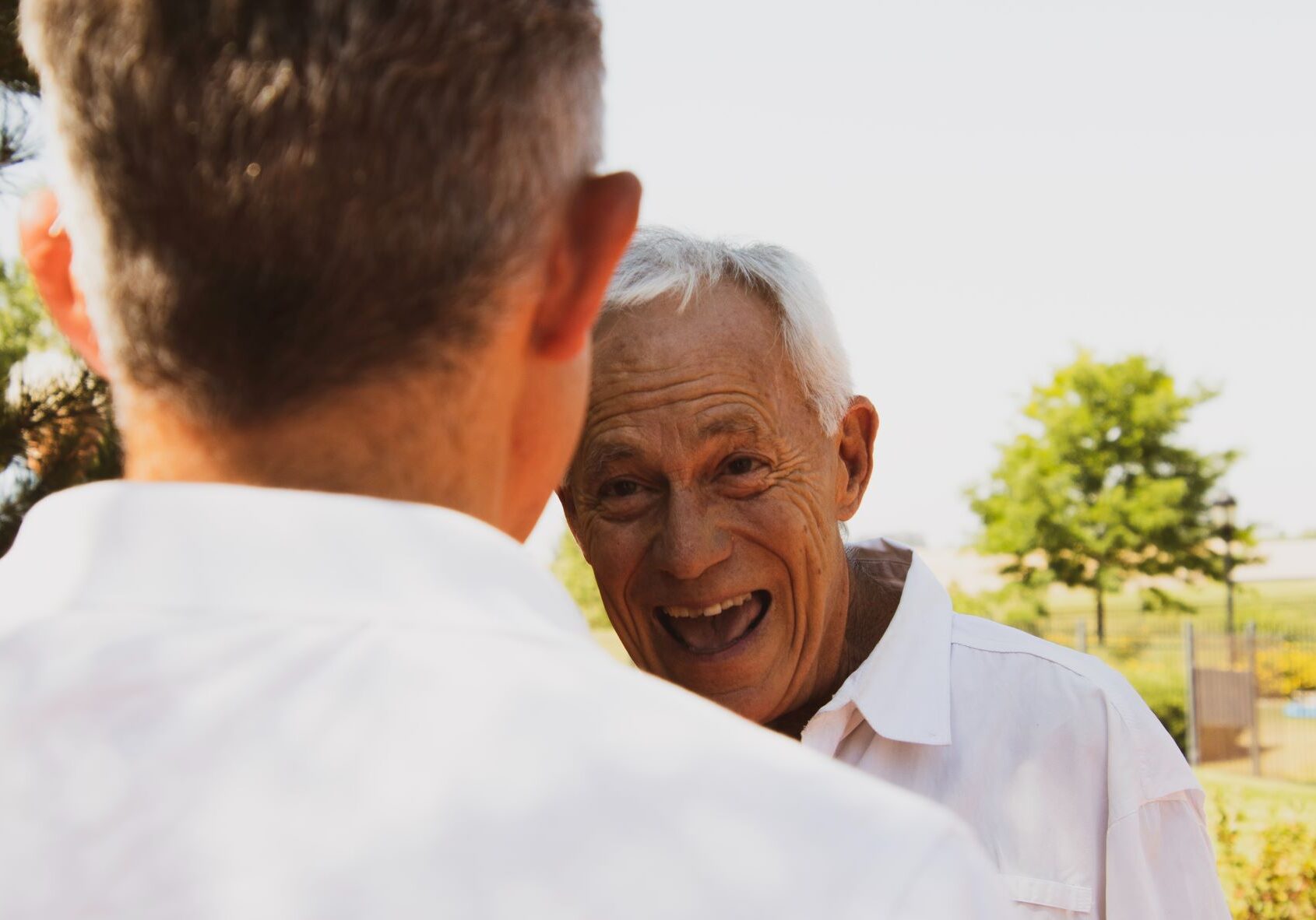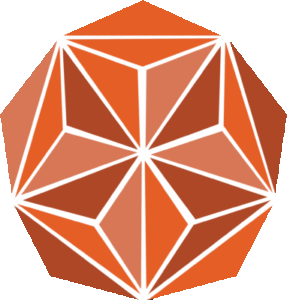Peer Supporters in dementia Care

In 2021, KBT started a pilot project in Norway where we examine how peer supporters can function in the dementia care. Now Roger Santokhie and Karl Johan Johansen are working with an Erasmus+ research project about peer supporters in dementia care. Through KBT Vocational School they, together with partners from Greece, Romania and Italy, got nearly 2 million NOK for the project PIA.
Goal - contribute to sustainable services for people with dementia
PIA stands for Peer Support Workers as an Innovative force in Advocacy in dementia care. The project goal is to make sustainable and competence enhancing services for persons with dementia. They want to find new ways to involve users and relatives in the development of services.
Further, PIA have several intermediate goals:
- Developing learning material and methods training peer supporters in dementia care
- To develop strategies for policy. In PIA, they will find out how they can start national strategies for dementia, and open up the opportunity to use peer supporters
- To develop a digital collaboration platform
- Dissemination of knowledge of the results
Reducing stigma against dementia
There is a lot of stigma and taboo associated with dementia. In the early stages of the disease, many people refuse to ask for help. In the beginning, many people try to hide or explain the symptoms they're experiencing. Therefore it may take a long time before challenges associatet to dementia are adressed.
At the same time, more and more people are getting dementia, due to longer life expectancy. Therefore, PIA also aims to help reduce taboos and stigma around dementia. With less self-stigma, more people may ask for help earlier.
Peer supporters can contribute to sustainable health services
Dementia is often referred to as a relative's illness. This is because the people close to persons who's developing dementia, often spend a lot of time helping their loved ones as the the disease devolp. This can be a big strain. At the same time, as a relative, you gain experience knowledge that is difficult to acquire without having been through it yourself.
Project leader Roger Santokhie thinks relatives is a key. The competence relatives to persons with dementia gets, are the nearest we can get to useful lived experience in the dementia field.
Relatives as an unused competence
Santokhie says that if we are to solve the staffing challenges we have in the health service today, then we must also include the relatives. We can't expect voluntaries to take the whole load, and need to find innovative solutions for the health services of tomorrow. Relatives are an unused pool of expertise in the society. To use relatives as peer supporters, can contribute to more sustainable health services.
Different solutions in Norway, Italy, Romania and Greece
The health system in the countries of the project partners, are different. Hence we must look at the health services in a national context. What functions well in Norway, may not be a good option in Italy. Still, we can learn much from each other, and each country does not have to start everything from scratch.
PIA offers a transnational dialogue on how experiential competence can be used in dementia, within the framework in the various countries. The fact that the project countries have different systems can also make it easier to develop tools and knowledge that are transferable to even more countries.
Project partners
- Airia nosoy alzheimerkai syggenon diatarachon somateio (Greece)
- Asociatia Habilitas – Centru de Resurse si Formare Profesionala (Romania)
- Anziani e non solo societa cooperativa sociale (Italy)
- Asociatia afect (Romania)
- KBT Vocational School/Competence Center for Lived Experience and Service Development – KBT (Norway)

